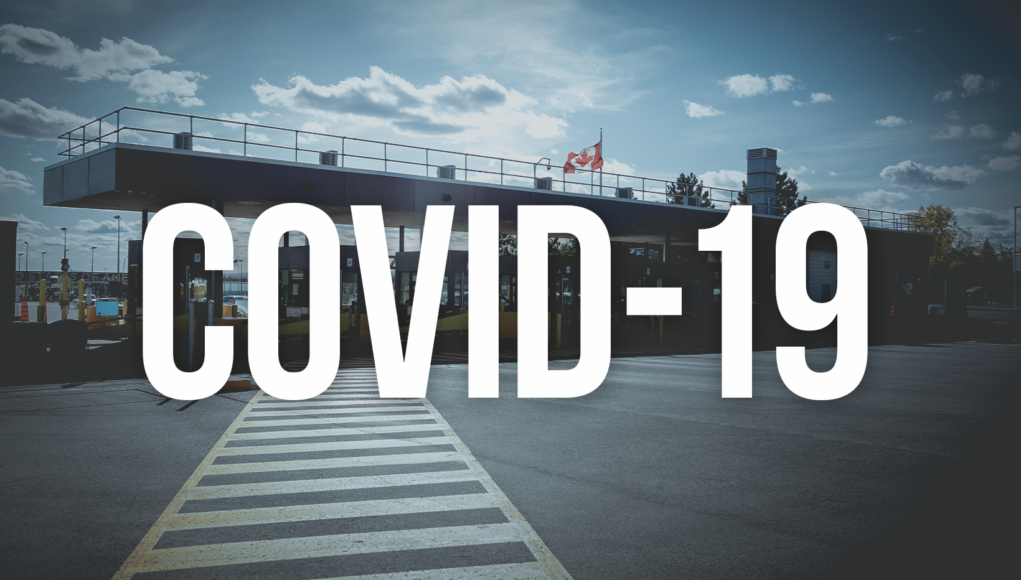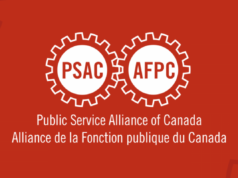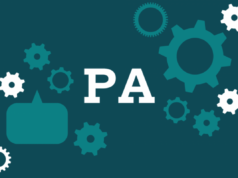The following message was sent to the employer on June 2nd by Mark Weber, CIU’s 1st National Vice-President, and Co-Chair of the Policy Health and Safety Committee.
The COVID-19 pandemic has seen our Policy Health and Safety Committee commit a great deal of time and effort to ensuring that all CBSA employees are kept as safe as possible. We’ve accomplished much that’s positive, in circumstances where the planning and implementation of every preventative measure was an urgent matter. Most Departments within the CBSA have participated proactively in this work with us, making all we’ve had to address run much more smoothly.
Our experience working with Training and Development has been uniquely negative. We’ve repeatedly learned of scheduled training from our members, without it having first been brought to our Committee as mandated by the Canada Labour Code (CLC) and Canada Occupational Health and Safety Regulations (COHSR). We’ve been given documents to assess on the eve of training, only after insisting that they be provided. We’ve seen all they’ve developed ‘assessed’ at meetings of a health and safety ‘working group’, who we’ve learned keep no minutes, and whose composition we are entirely unaware of. We’ve been told repeatedly that everything in place was approved by a qualified person, only to learn that this is not the case. Procedures that include a 14 day quarantine period continue to be used to declare safe close contact training for employees who are not quarantining.
We recently asked to participate in a meeting with Health Canada, only to learn that the employer had the meeting without us. We were told that Health Canada will “never state that training is safe or unsafe”. Health Canada was only asked about the preventative measures in place, not the training itself. The truth is that no qualified person will say that it is now safe to ignore physical distancing, because it is not. Health Canada’s recommendation that training be reevaluated based on local pandemic conditions was ignored and again, the documents provided to Health Canada had the trainees quarantining, which is not what is happening for anyone other that our OITPs.
The odd justifications the employer side of our Committee continues to espouse for Training and Development are inexplicable given the business like, efficient manner in which all else connected to COVID has been dealt with. The culmination of this behaviour is the recent conclusion that it is not the role of the Policy Health and Safety Committee to determine when training is safe to resume, “it is ultimately management that determines the safety of training”.
The employee members of the Policy Health and Safety Committee do not believe that it is safe to resume close contact training, and we urge the employer members of our Committee to revisit their decision to recommend it. Should the decision be to forge ahead with close contact training, we ask that daily COVID testing be arranged for trainees and trainers.
No proper risk assessment has been conducted, no qualified person has assessed any of the risks associated with this training, and the first step of Part 122.2 of the CLC has been wrongly passed over. We remind the employer of their obligations under the CLC and COHSR, including Part 148 of the CLC.





